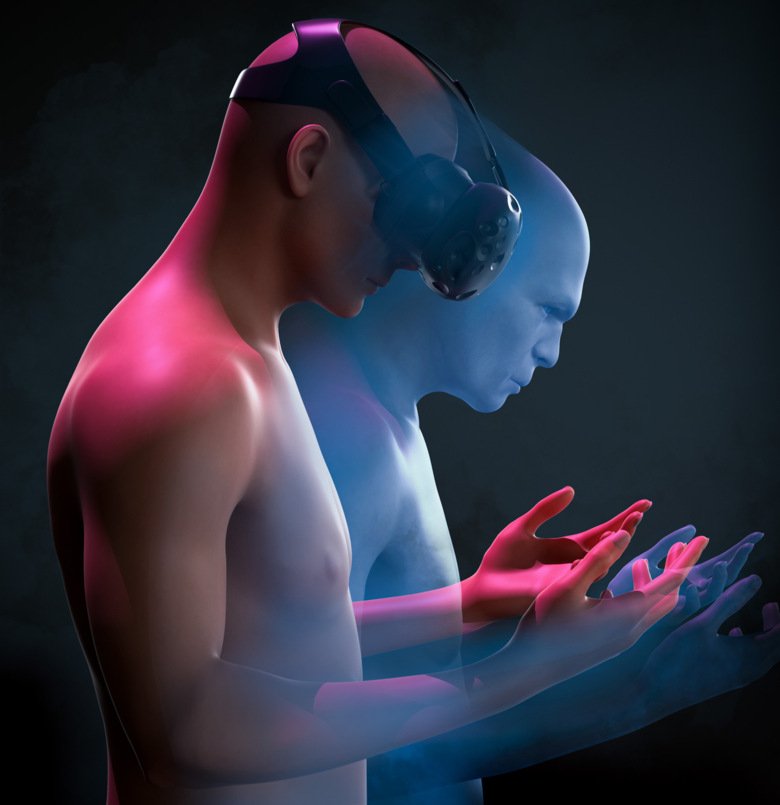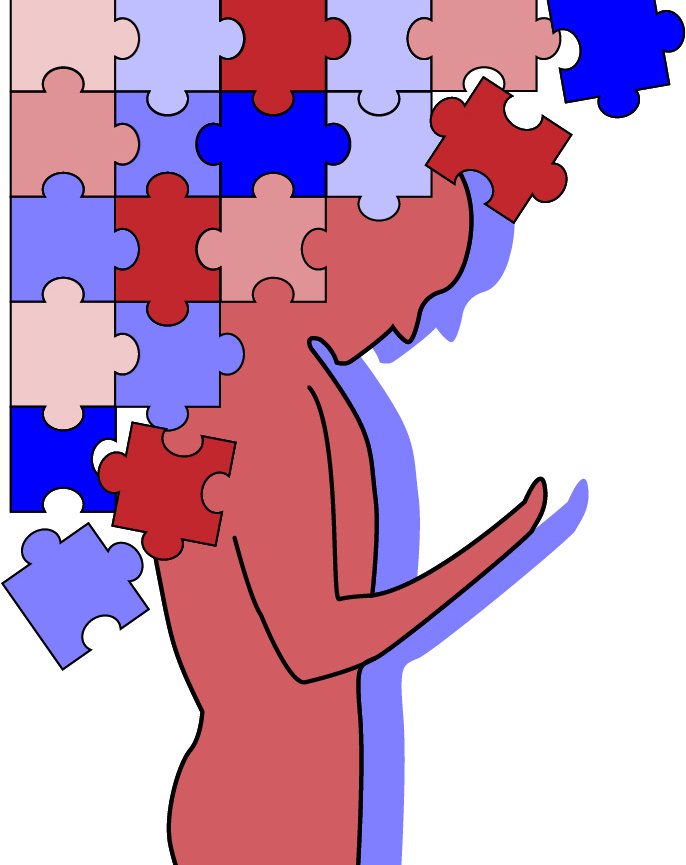New insights on how own body perception affects self-concept

How does our body affect the way we think about our personality? Would our sense of self change if one day our mind woke up, for example, inside the body of our best friend? A recent study published in the journal iScience shows that the above questions are no longer exclusively reserved for science-fiction movies.

Cognitive neuroscientists at Karolinska Institutet induced a perceptual illusion that pairs of friends swapped bodies with each other.
Two friends lay on beds, and through head-mounted displays, they watched live recordings from cameras placed just above the other person’s head. Thus, instead of seeing their own body, the participants saw their friend’s body from a natural first-person perspective.
At the same time, the experimenters applied synchronous touches to both friends on the corresponding body parts, to elicit a multisensory illusion that the friend’s body was one’s own.

“We know that the illusion worked because the majority of participants showed increased physiological stress responses when the friend’s body was physically threatened” says Pawel Tacikowski, postdoc in the Brain, Body and Self Laboratory at the Department of Neuroscience and lead author of the study.
“When the body-swap was experienced, one participant even jokingly said to his friend, "Stop mowing my toes!", which was quite telling”, he continues.

The study’s main finding is that during the illusion, the participants rated their own personality characteristics more similarly to the way they previously rated their friend’s personality.
“This demonstrates that our body perception dynamically shapes our self-concept, so that we can continuously experience a coherent and unified sense of self” concludes Henrik Ehrsson, Professor and principal investigator at the Department of Neuroscience.
What happens next?
In the follow-up studies, the authors would like to investigate the neural links between the bodily and conceptual self-representations.
Why are these findings important?
Apart from general relevance, mechanisms of self-unity are important for the treatment of psychiatric disorders in which the sense of self is fragmented, for example, in depersonalization disorder or dissociative personality disorder.
Publication
“Perception of our own body influences self-concept and self-incoherence impairs episodic memory”
P. Tacikowski, M.L. Weijs, and H.H. Ehrsson
iScience, 26 August 2020, DOI:https://doi.org/10.1016/j.isci.2020.101429
